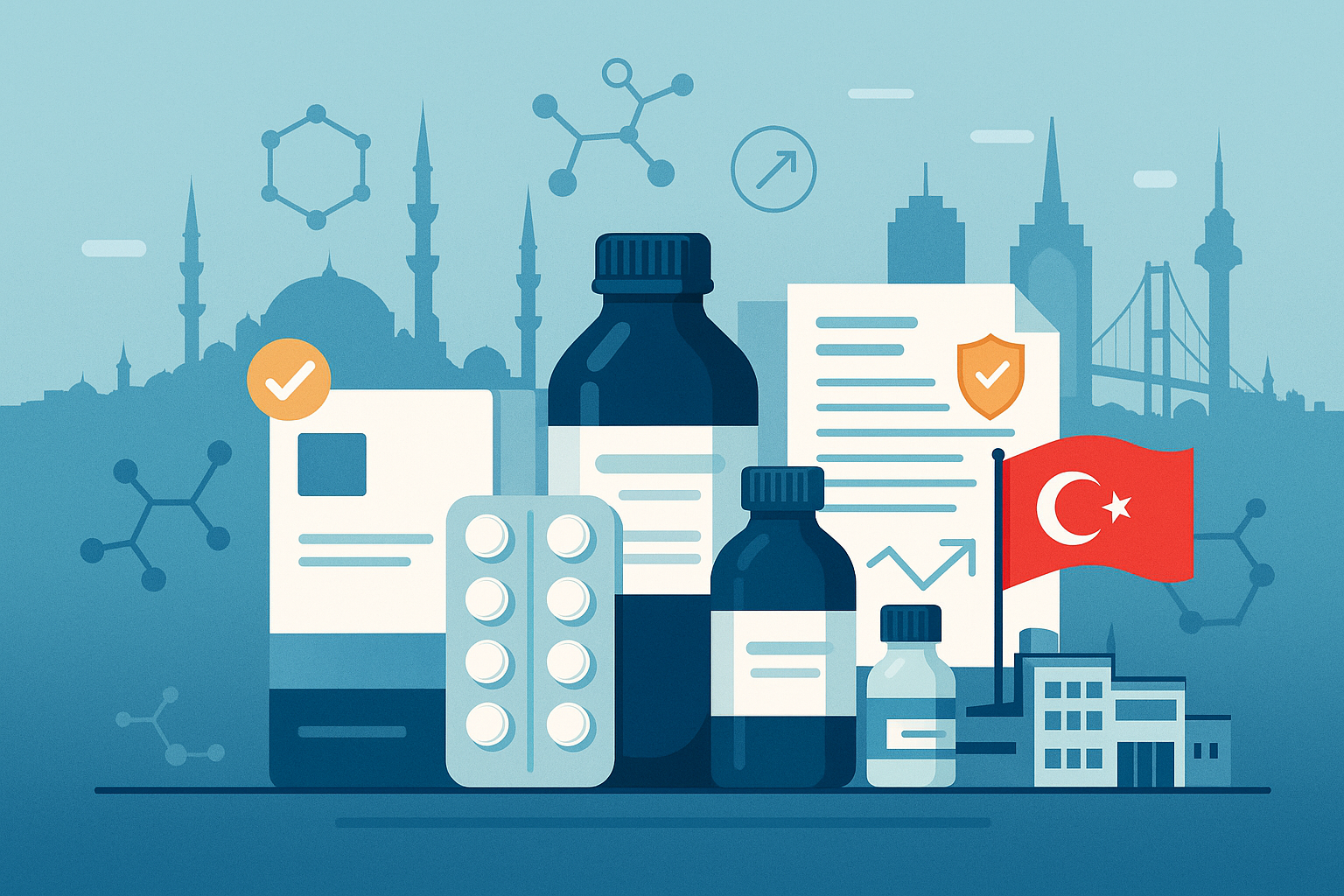1. Introduction
Orphan drugs and rare diseases are at the forefront of modern pharmaceutical innovation, providing hope for patients with previously untreatable or overlooked conditions. Türkiye, with its strategic healthcare reforms and a growing commitment to personalized medicine, has taken steps to develop a legal and regulatory environment supporting the development, registration, and access to orphan drugs.
This article explores the regulatory landscape, opportunities, and key legal challenges for companies and investors targeting this emerging field in Türkiye.
2. What Are Orphan Drugs and Rare Diseases?
- Orphan drugs: Medicines intended to diagnose, prevent, or treat rare diseases—typically defined as affecting fewer than 1 in 10,000 individuals.
- Rare diseases: A diverse group of disorders with low prevalence, often genetic and chronic, with high unmet medical need.
3. Regulatory Authorities and Key Legislation
a) Turkish Medicines and Medical Devices Agency (TITCK)
- The main body responsible for orphan drug designation, approval, and post-marketing surveillance.
b) Relevant Laws and Regulations
- Pharmaceuticals and Medical Preparations Law (No. 1262)
- Regulation on the Licensing of Medicinal Products for Human Use (aligned with EU directives)
- Social Security Institution (SGK) reimbursement guidelines
4. Legal Pathways for Orphan Drug Approval
a) Designation and Fast-Track Procedures
- No stand-alone “Orphan Drug Law,” but TITCK applies special pathways for orphan drugs based on international and EU standards.
- Fast-track and priority review is available for drugs addressing high unmet need or no alternative treatments.
b) Documentation and Dossier Requirements
- Comprehensive clinical and safety data, but with greater regulatory flexibility for rare indications.
- Local clinical trials may be waived for urgent or severe conditions.
c) Compassionate Use and Early Access Programs
- TITCK allows for early access to unapproved drugs for life-threatening rare diseases under compassionate use rules.
5. Market Access and Reimbursement
- SGK may reimburse orphan drugs with a special committee review—criteria include unmet need, cost-effectiveness, and international reference pricing.
- Temporary reimbursement or named patient import is possible before full market approval in urgent cases.
- Budget impact analysis and value demonstration are crucial for successful reimbursement.
6. Incentives and Opportunities for Pharma Companies
- Türkiye supports clinical research and R&D for rare diseases via tax incentives, grants, and partnerships with research hospitals and universities.
- Rapidly expanding patient registries and diagnostic infrastructure improve market potential.
- Orphan drug exclusivity and IP protection (patents, data exclusivity) are enforced in line with international standards.
7. Key Legal and Practical Challenges
- No single “Orphan Drug Law”—companies must navigate a mix of TITCK regulations, MoH guidelines, and reimbursement policy.
- Delays in reimbursement and pricing decisions are common.
- Access to rare disease diagnostics, genetic testing, and patient identification is still developing.
- Data protection (KVKK) and ethical review requirements for genetic research are strict.
8. Best Practices for Market Entry
- Early Engagement with TITCK and SGK:
Initiate dialogue before dossier submission. - Patient Advocacy Partnerships:
Collaborate with rare disease groups for better awareness and regulatory support. - Robust Data Collection:
Build strong real-world evidence and patient outcome data for reimbursement applications. - Local Legal Counsel:
Essential for navigating evolving policies, access programs, and IP issues.
9. Why Legal Guidance is Crucial
Given the fast-evolving nature of rare disease regulation, expert legal support is vital to:
- Accelerate approvals,
- Secure early access programs,
- Maximize reimbursement success,
- Mitigate IP, compliance, and data risks.
Stj.Öğr.Esmanur AKTAŞ

Yanıt yok